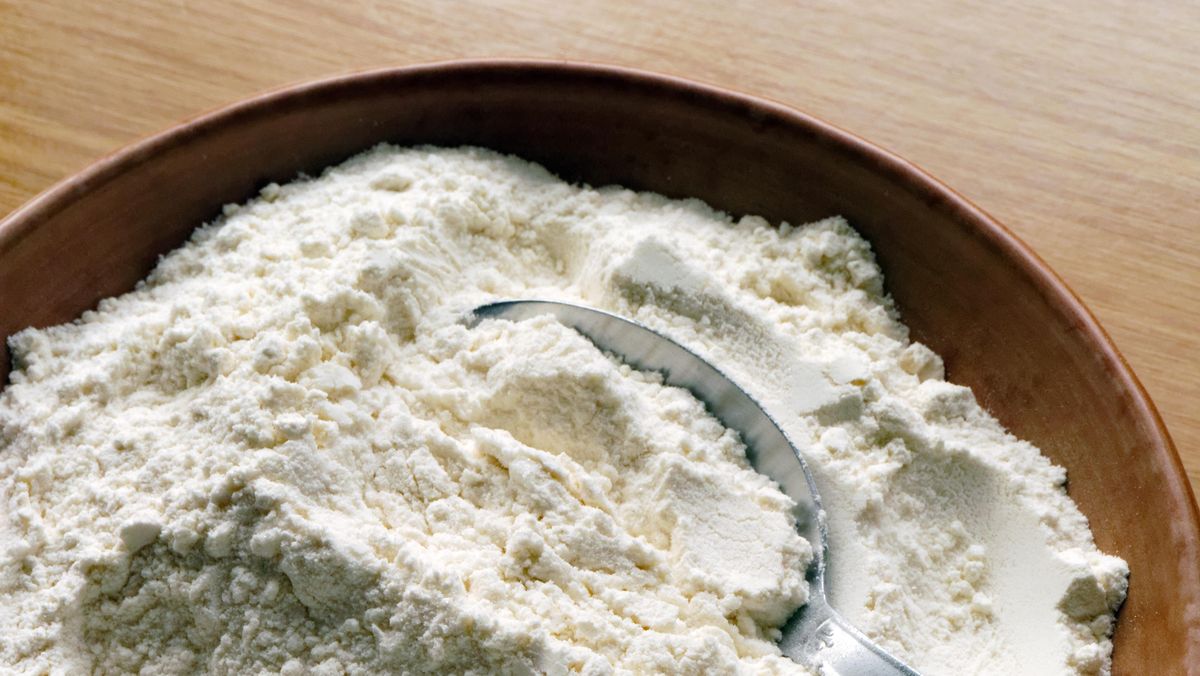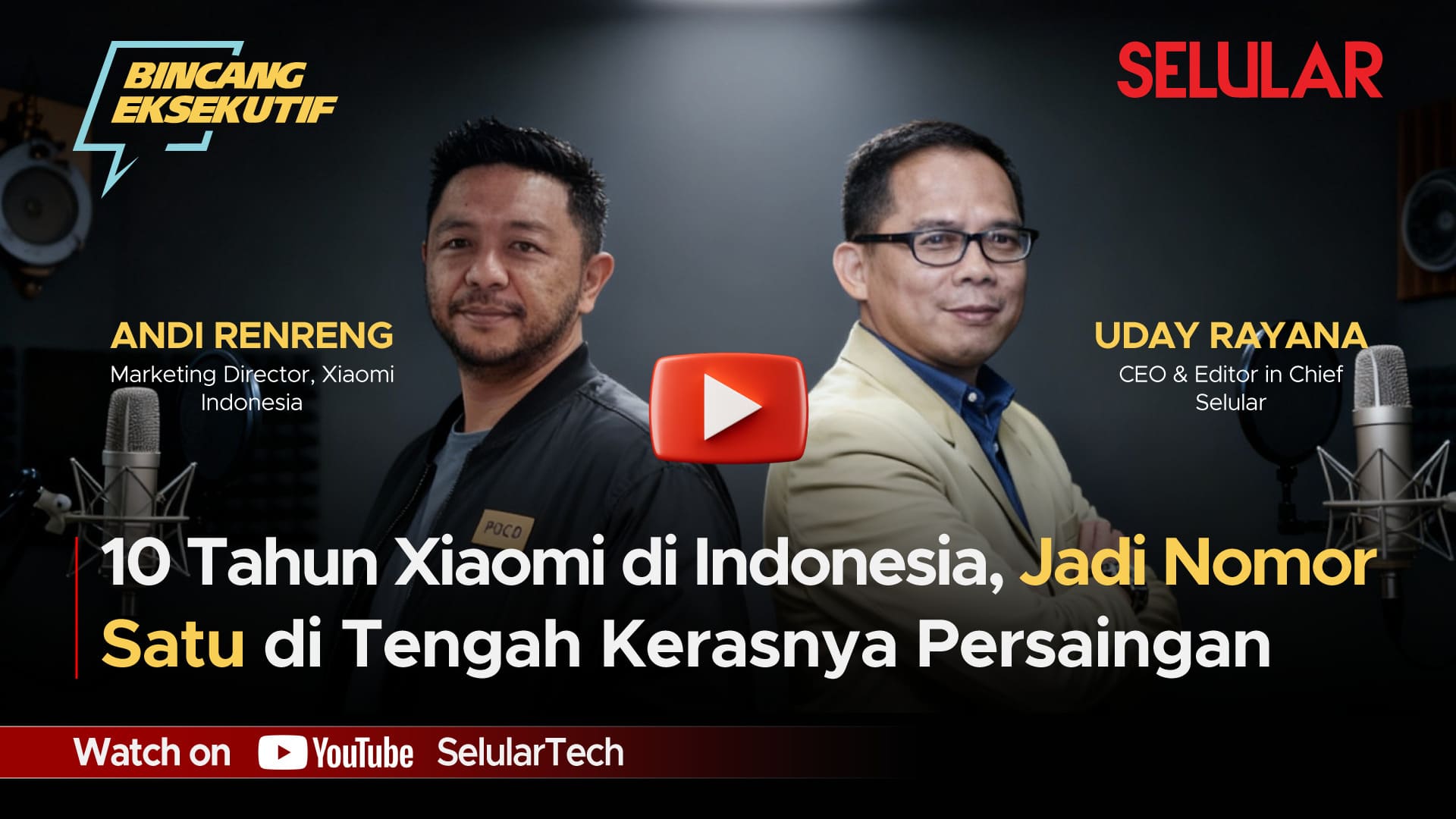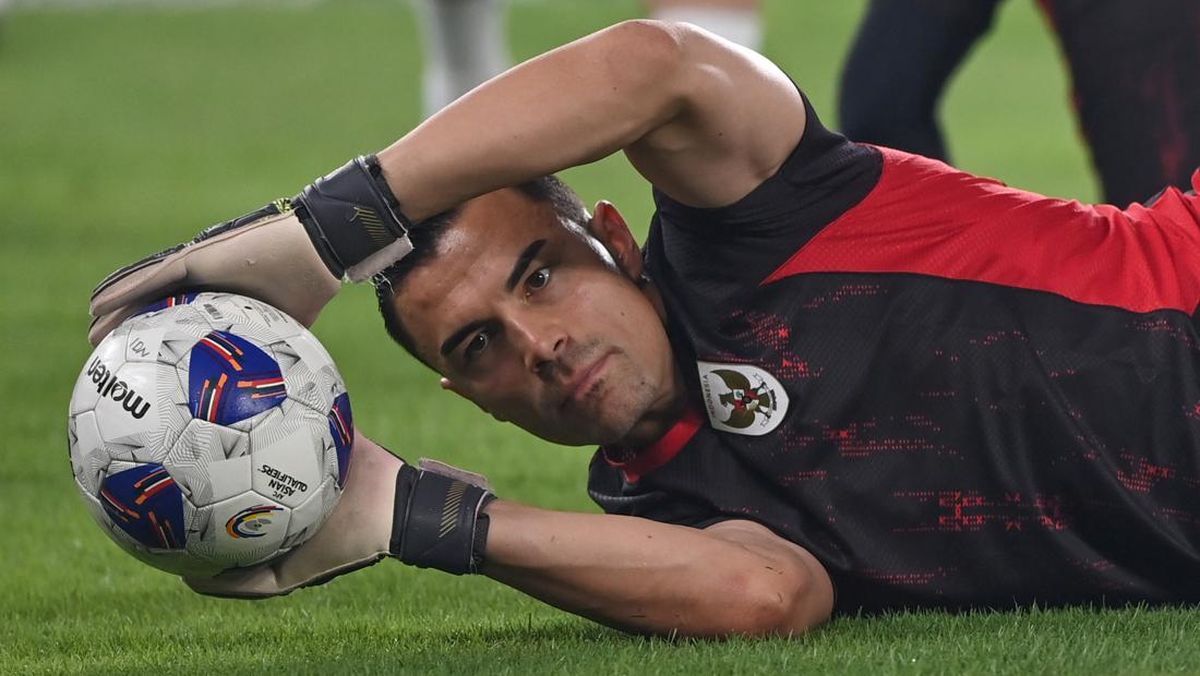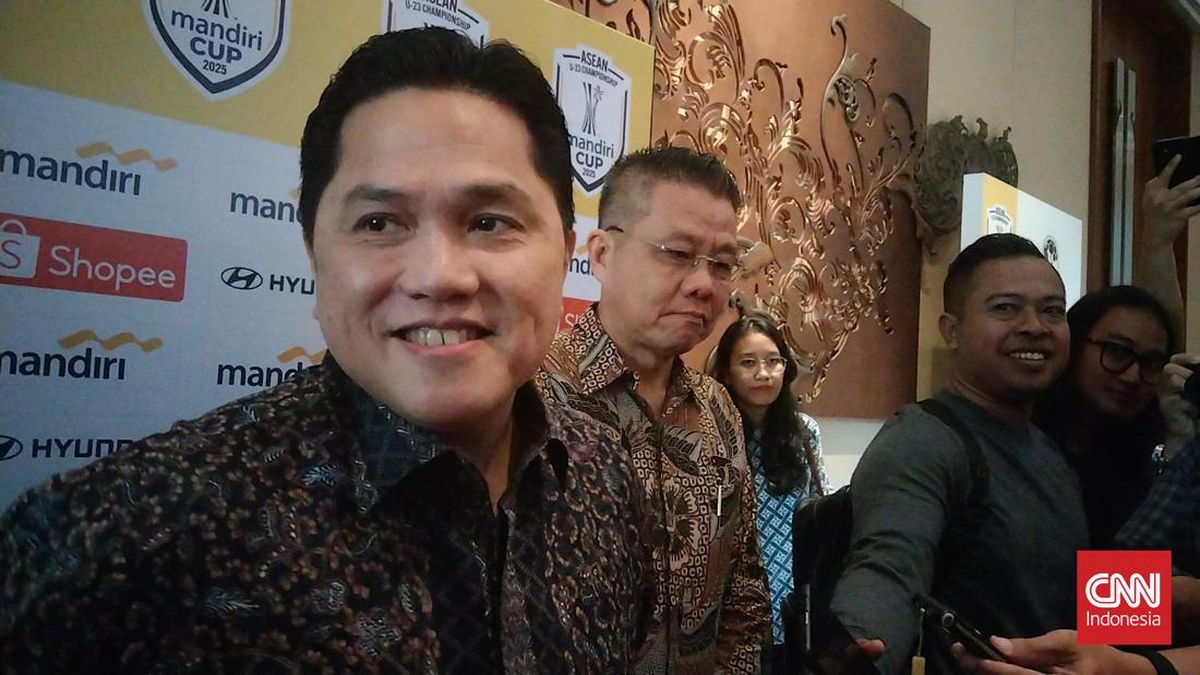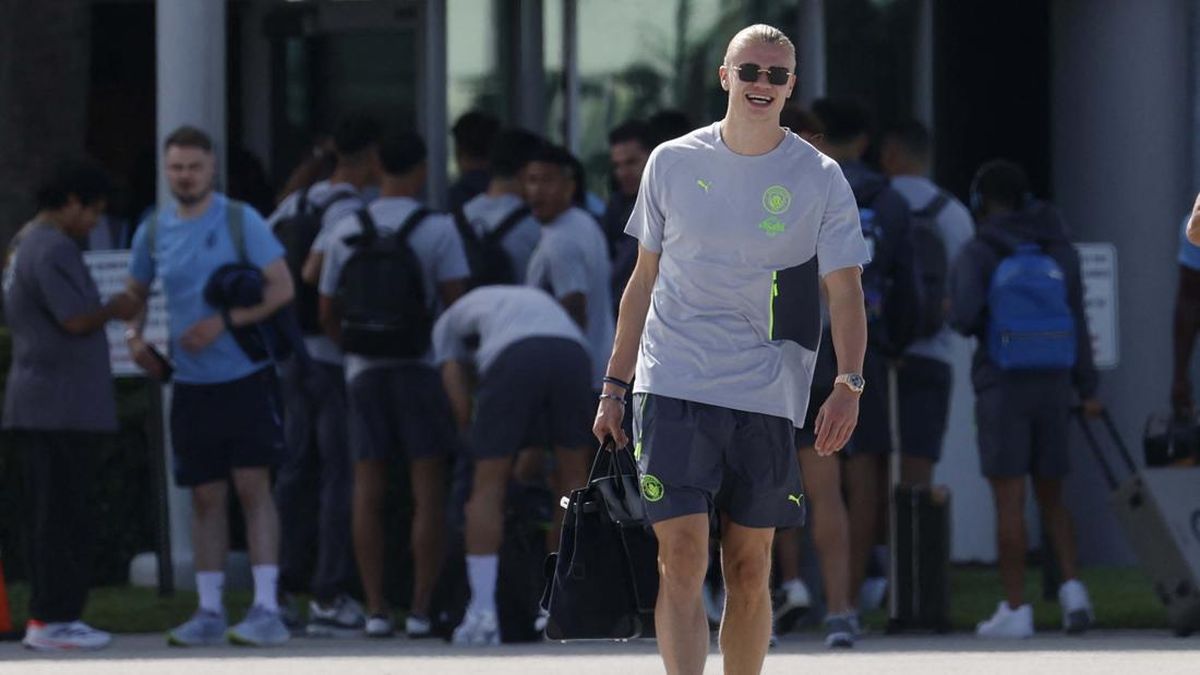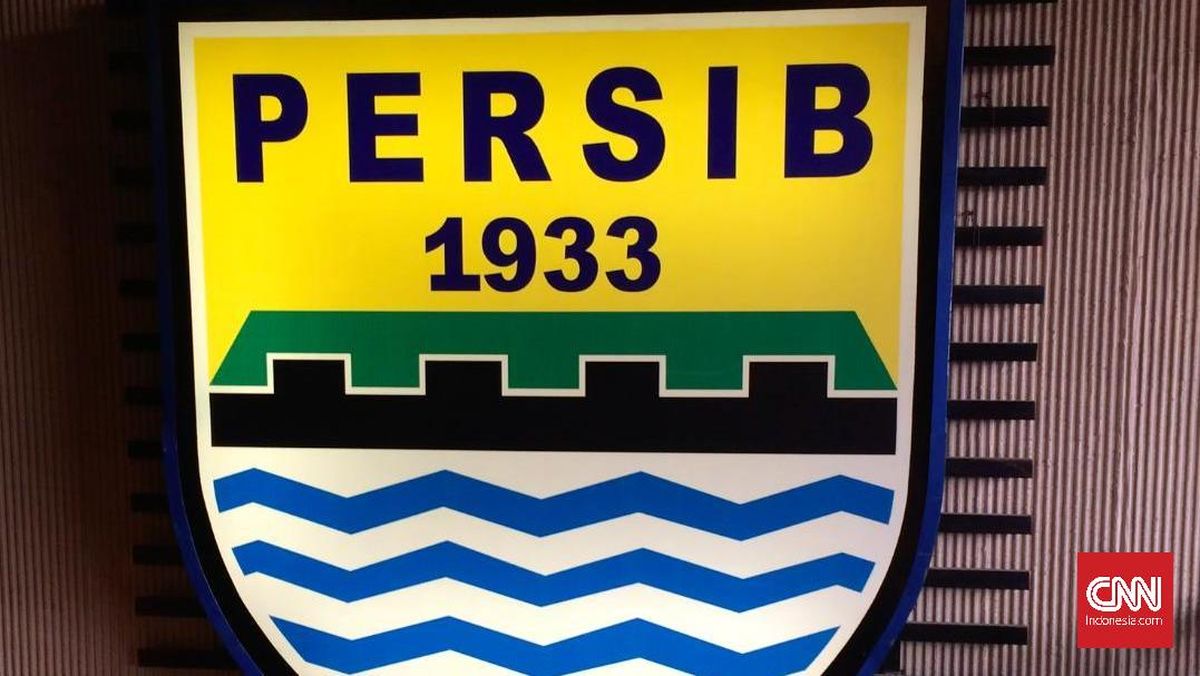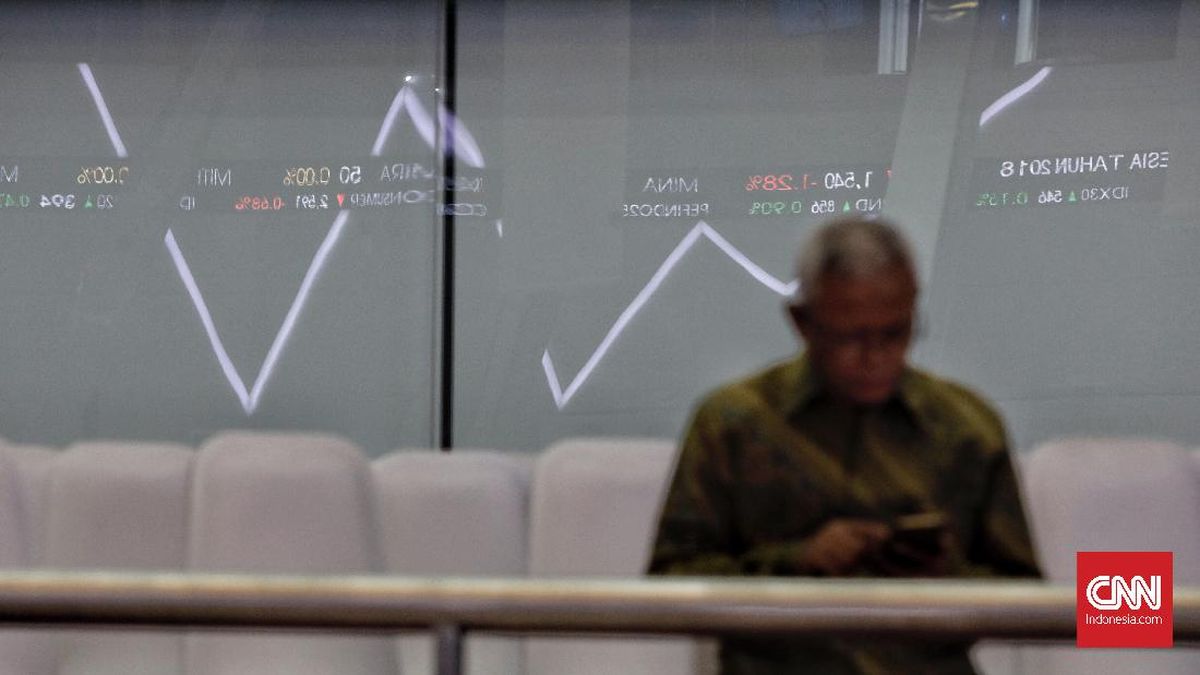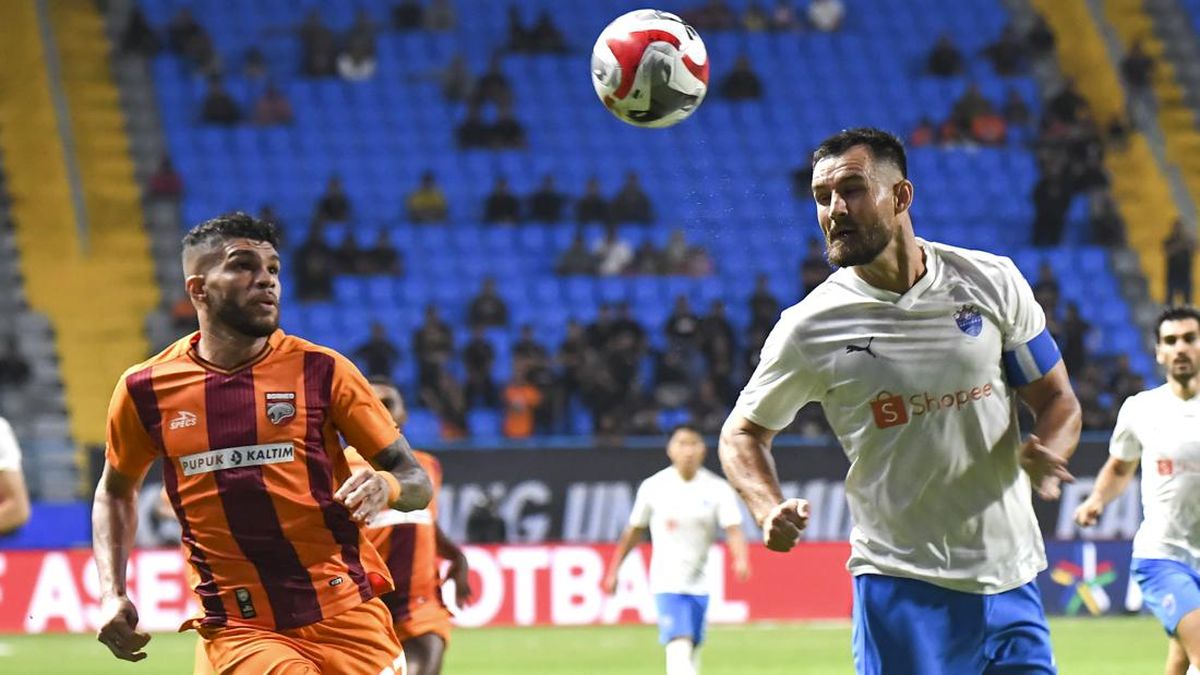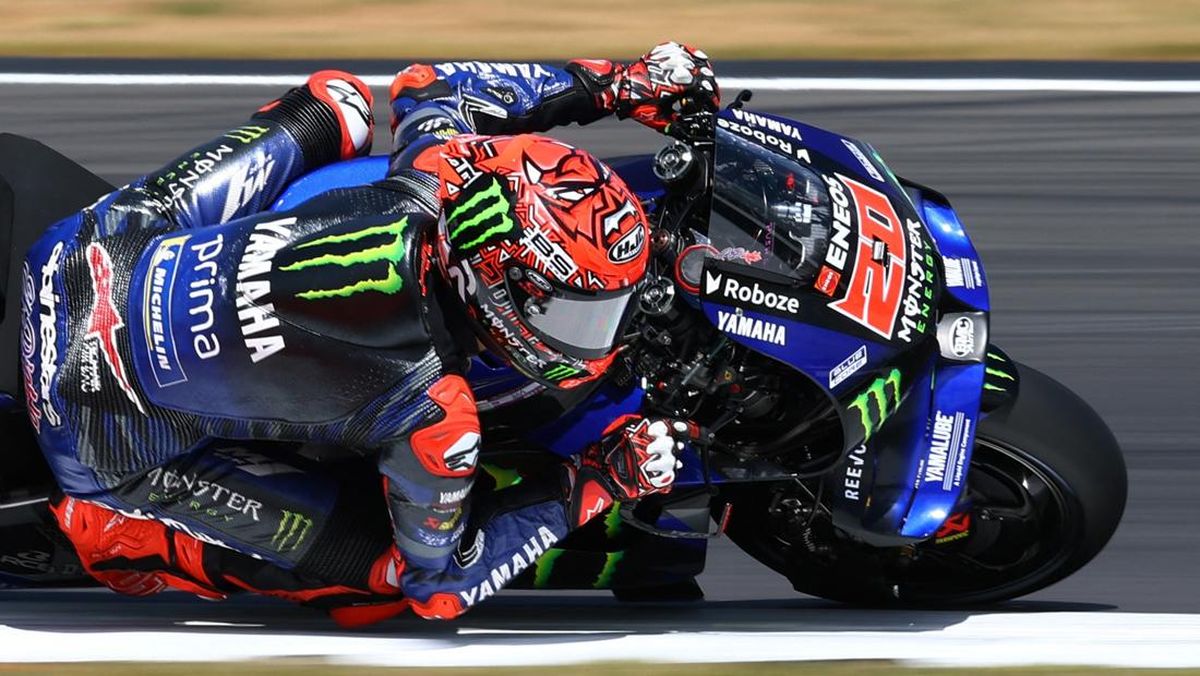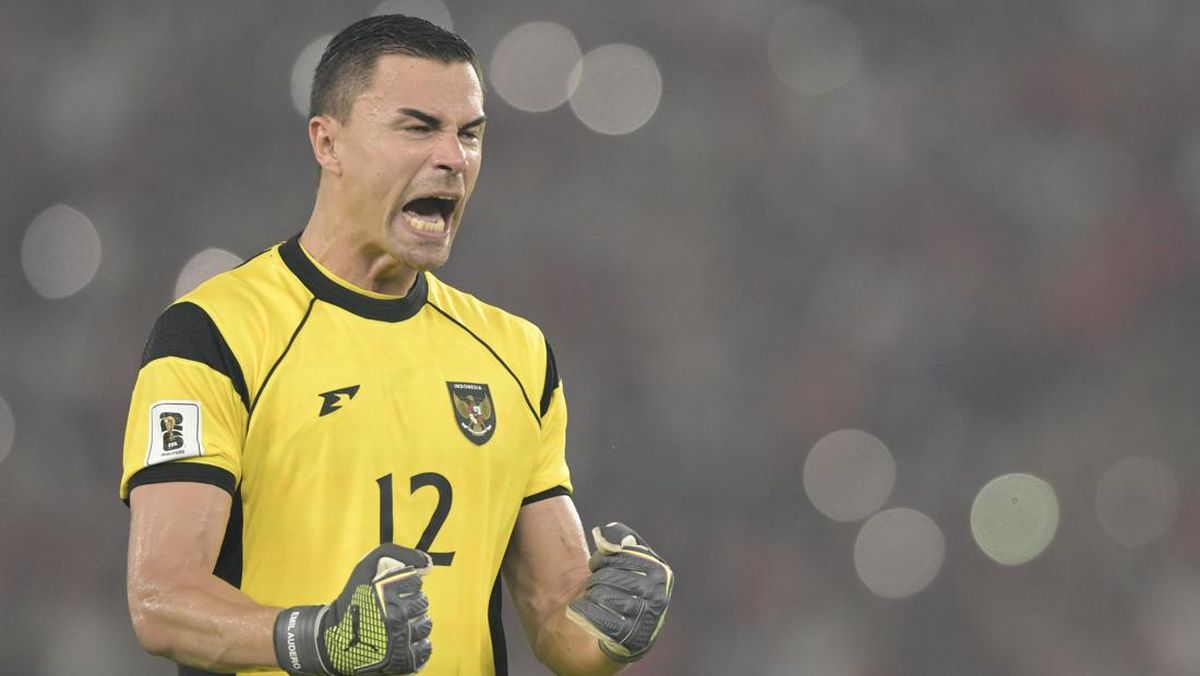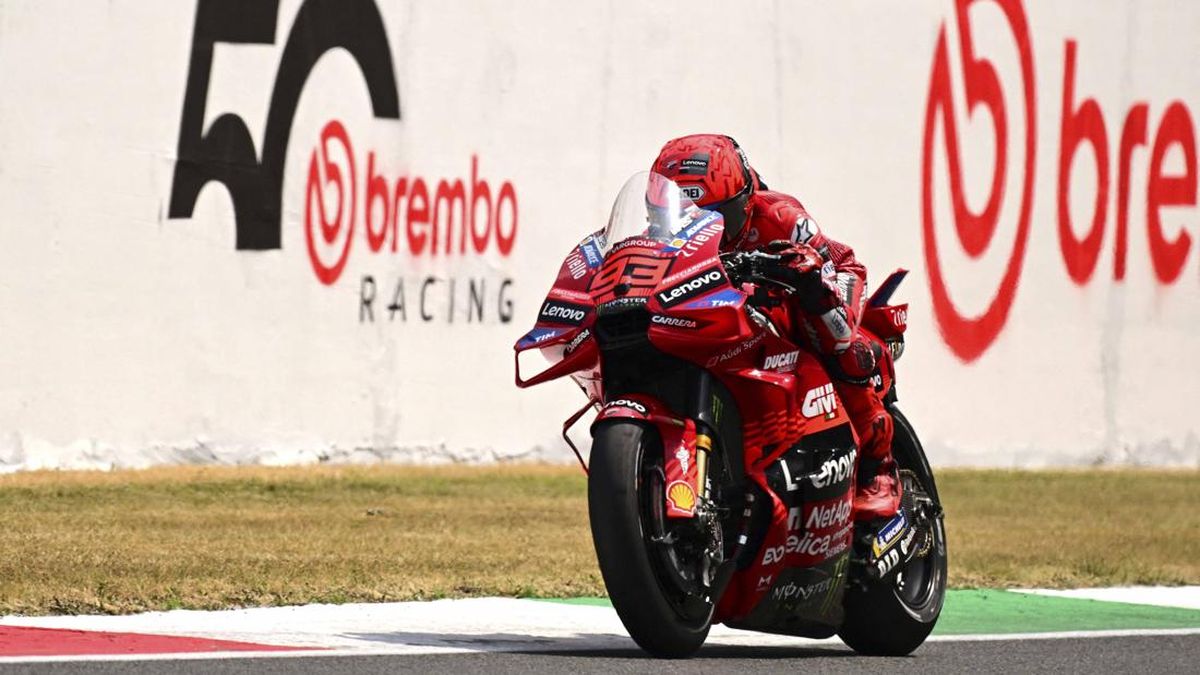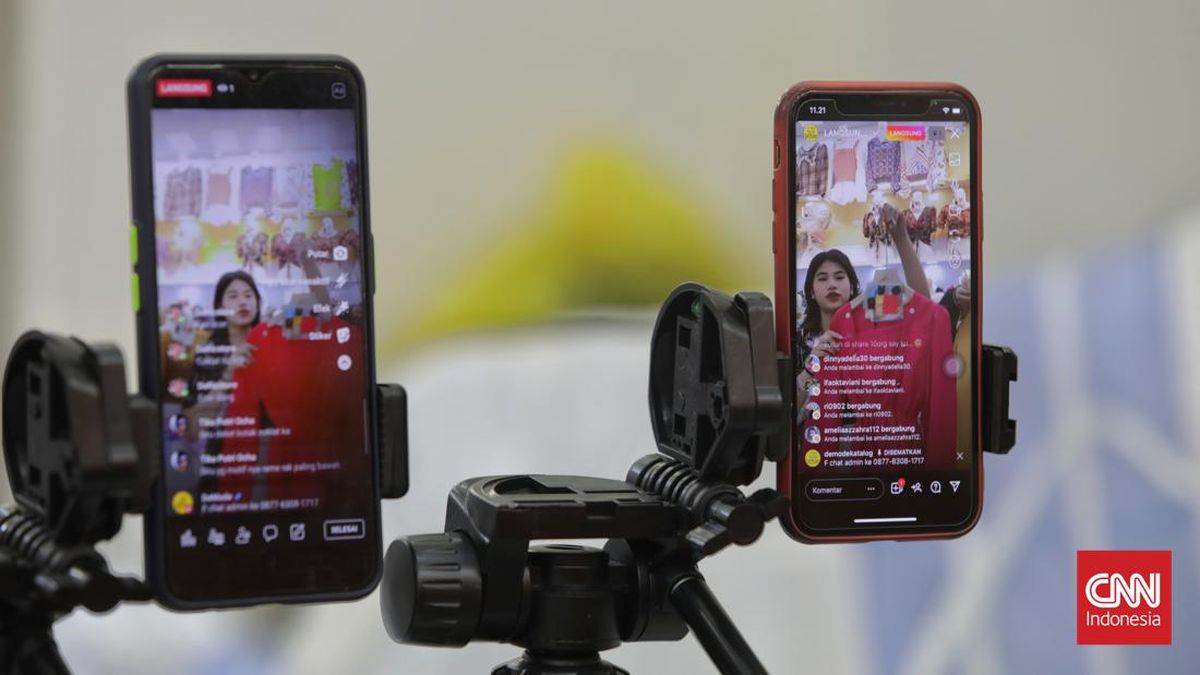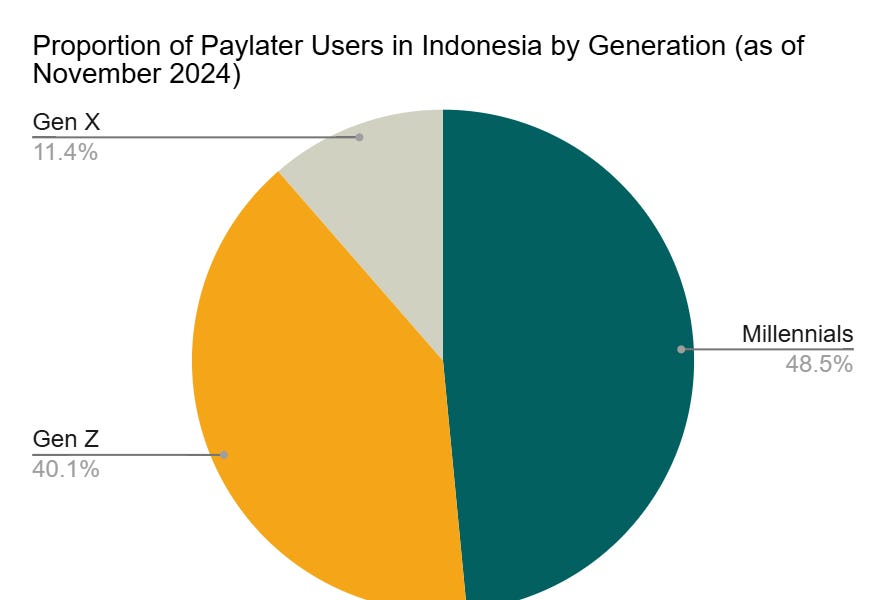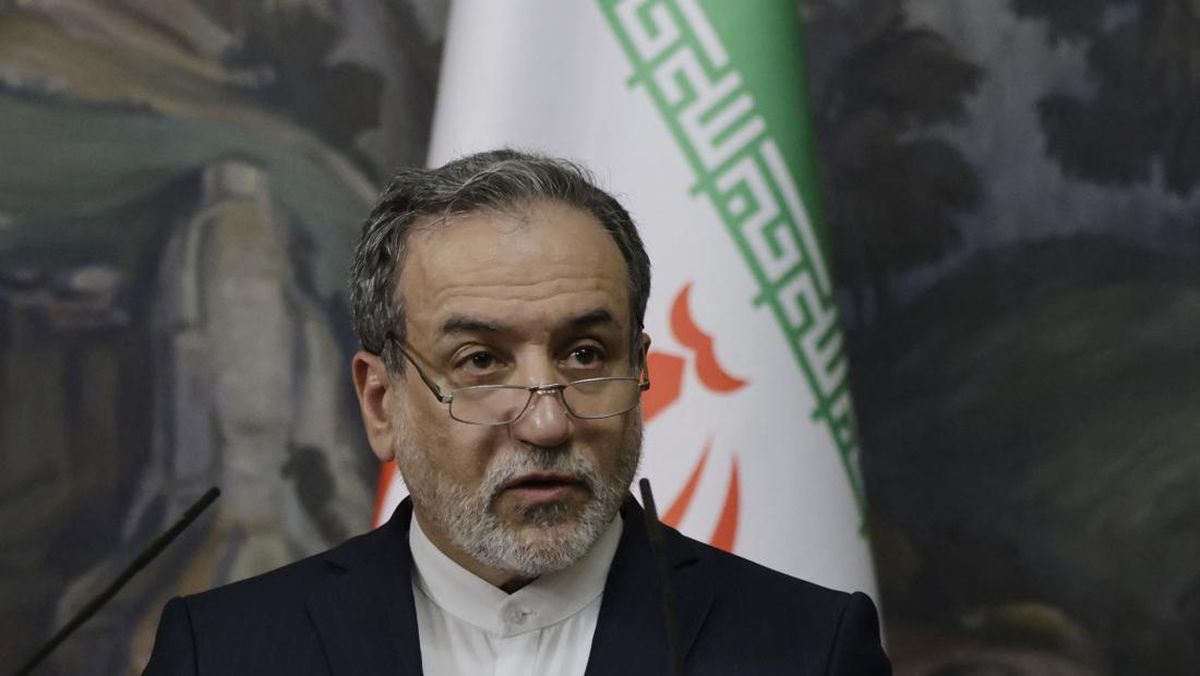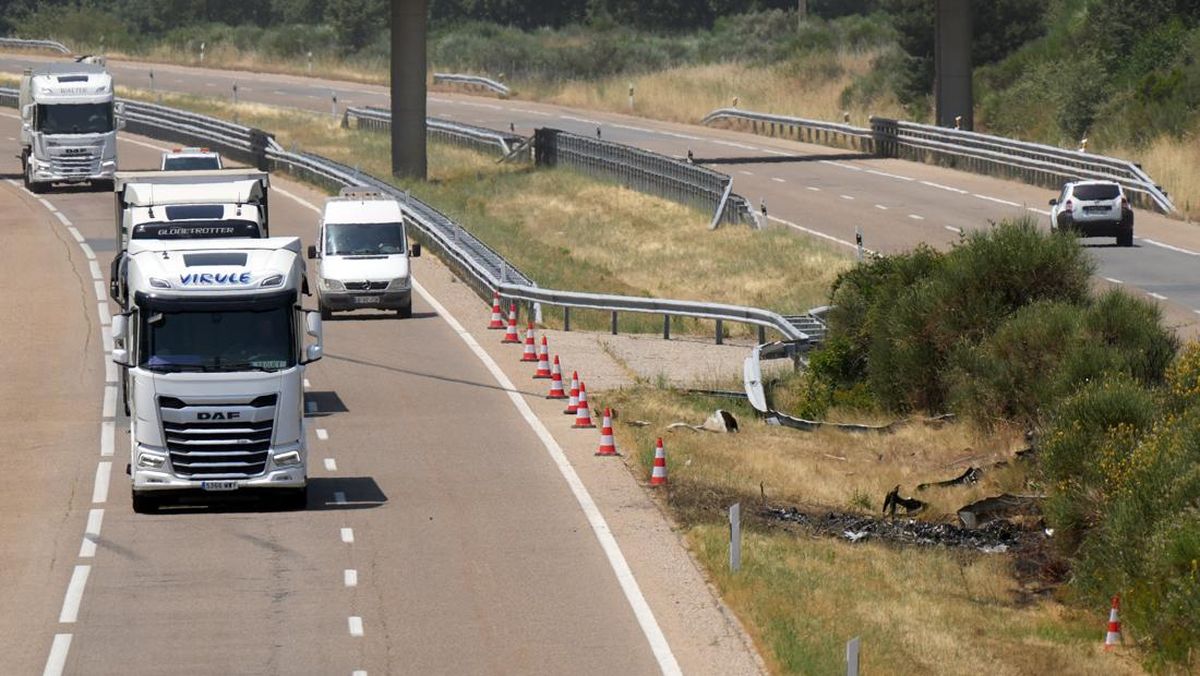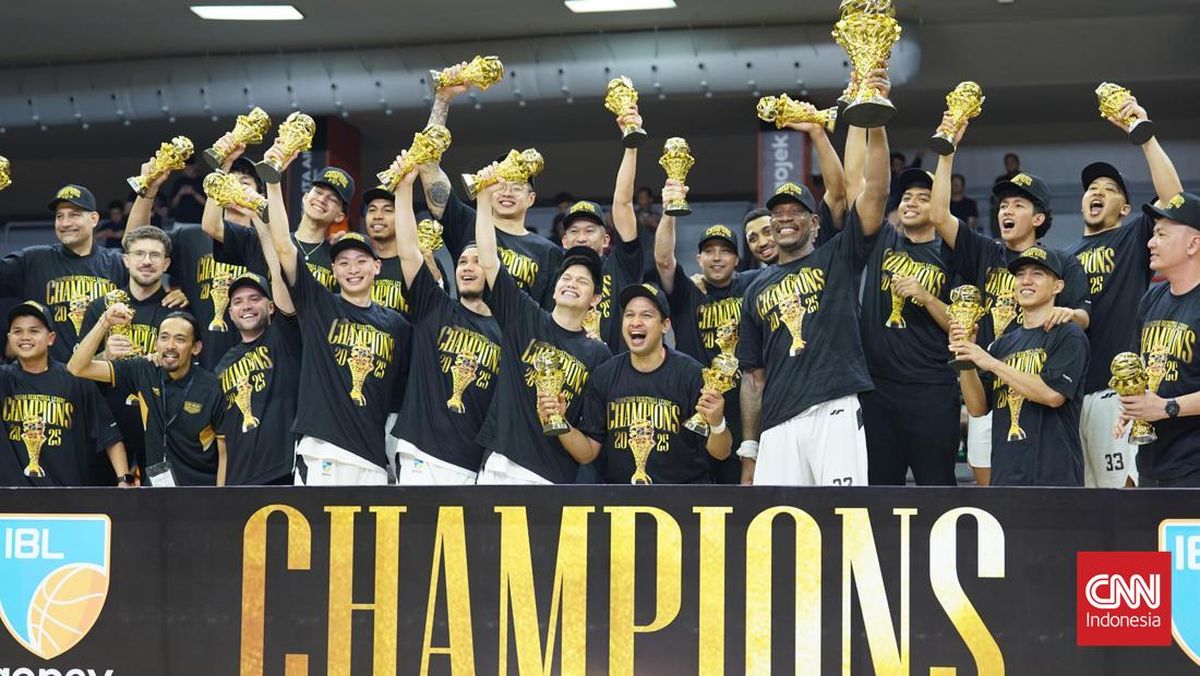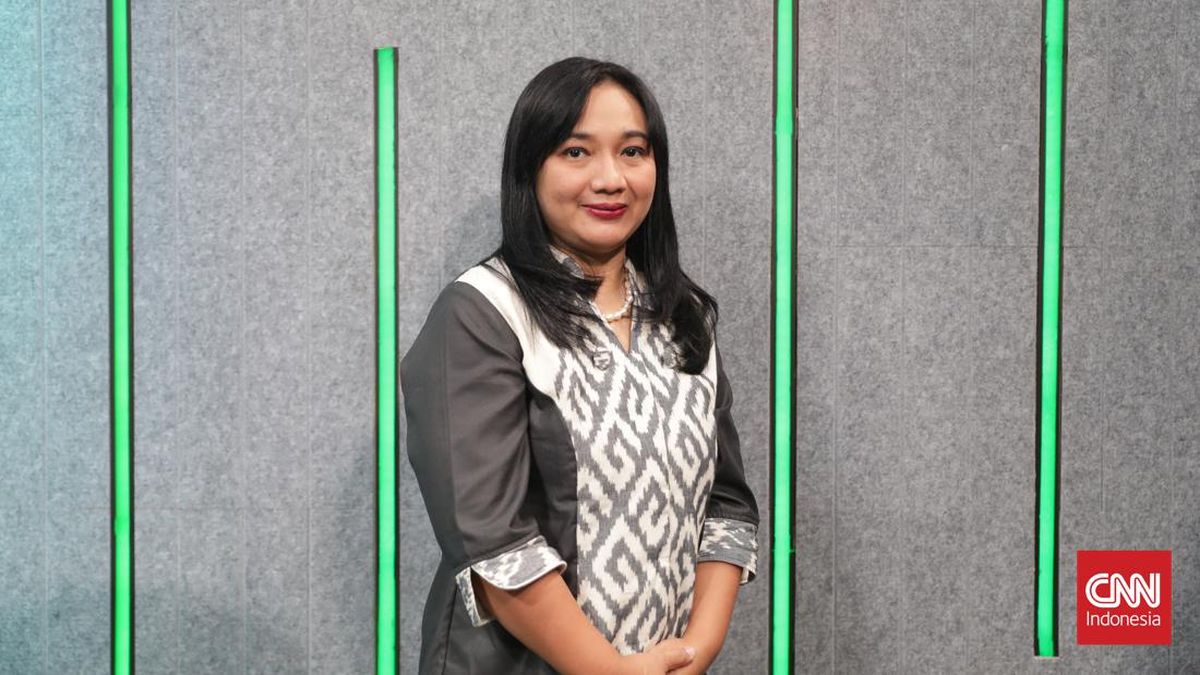The United States Treasury has slapped sanctions on Colombian President Gustavo Petro, his family and the South American country’s interior minister, Armando Benedetti.
Friday’s decision marks a significant escalation in the ongoing feud between the left-wing Petro and his US counterpart, the right-wing Donald Trump.
Recommended Stories
list of 3 items- list 1 of 3Colombia recalls ambassador to United States amid diplomatic spat
- list 2 of 3US, Colombia tensions surge as Presidents Trump, Petro trade threats
- list 3 of 3Colombia’s Gustavo Petro dismisses threatened US aid cuts as ‘nothing’
In a statement, the US Treasury accused Petro of failing to rein in Colombia’s cocaine industry and of shielding criminal groups from accountability.
The Treasury cited Petro’s “Total Peace” plan, an initiative designed to bring Colombia’s six-decade-long internal conflict to an end through negotiations with armed rebels and criminal organisations.
“Since President Gustavo Petro came to power, cocaine production in Colombia has exploded to the highest rate in decades, flooding the United States and poisoning Americans,” Treasury Secretary Scott Bessent said in a statement.
“President Petro has allowed drug cartels to flourish and refused to stop this activity.”
Petro, a prolific social media user, quickly shot back that the Treasury’s decision was the culmination of long-standing Republican threats, including from US Senator Bernie Moreno, a critic of his presidency.
“Bernie Moreno’s threat has indeed been fulfilled,” Petro wrote on the social media platform X. “My wife, my children, and I have been placed on the OFAC [Office of Foreign Assets Control] list.”
He argued that his country had been “fighting drug trafficking effectively for decades” and suggested he would contest the sanctions in the US court system.
“Not one step back and never on my knees,” Petro wrote, pledging not to back down from the fight.
Friday’s designation puts Petro in a relatively small group of top international leaders to be sanctioned by the US.
Venezuelan President Nicolas Maduro has faced individual sanctions for human rights abuses in his country, and Russian President Vladimir Putin was also hit with sanctions following his country’s full-scale invasion of Ukraine in 2022.
The sanctions against Petro, however, come as the left-wing leader and former rebel reaches the twilight of his presidency. Term-limited, he is slated to step down in 2026.
Petro is considered the first left-wing president in modern Colombian history.
It also marks the latest action the Trump administration has taken against one of its most prominent critics in Latin America.
A history of confrontation
The feud between Petro and Trump began shortly after the US president returned the White House for a second term on January 20.
Quickly, Trump moved to fulfil a campaign promise: the mass deportation of undocumented immigrants from the US.
Images of shackled immigrants being herded onto US military airplanes filled the international media. Petro was among those who expressed outrage on social media.
In the wee hours of January 26, he threatened not to accept two deportation flights that were in midair from the US. “The US cannot treat Colombian migrants as criminals,” he wrote on social media.
Trump responded by threatening the country with 30-percent tariffs, and Petro backed down.
But the two have continued to butt heads over issues ranging from immigration to human rights to how Colombia should tamp down on its illicit cocaine production.
The South American country remains the world’s largest source of coca, a leaf that can be processed into cocaine. Last year, the United Nations reported that Colombia had marked its 10th consecutive year of increasing cocaine production, with a 53 percent increase over 2022, when Petro took office.
Trump, however, has increasingly leaned into the fight against drug trafficking as he flexes his might abroad, particularly in Latin America.
He has, for example, wielded the threat of elevated tariffs on US imports to pressure other countries, including neighbours like Canada and Mexico, to combat drug smuggling.
Clashes over military strikes
Since September 2, Trump has followed his threats with military action, carrying out a series of missile strikes on nautical vessels in the Caribbean Sea and the Pacific Ocean.
The target, Trump has said, were drug-traffickers. But Petro has argued that the strikes amount to extrajudicial killings.
He has used his social media platform to highlight cases like that of fisherman Alejandro Carranza, who reportedly died in one of the strikes. At least 34 people have been killed in the bombings, their identities never officially confirmed.
“These are not war casualties,” Petro wrote in one social media post on Friday, shortly before the sanctions were announced. “They are murders.”
Petro took that message to the stage at the United Nations in New York in September, blasting the Trump administration for its actions.
“The violent war on drugs was a failure, and I replaced it with an effective anti-trafficking policy,” Petro told the international body.
“Was it really necessary to shoot missiles on unarmed poor young people in the Caribbean? The anti-drug policy is meant to stop cocaine that is coming to the United States. The anti-drug policy is to dominate the peoples of the south as a whole.”
Petro was seen afterwards on the streets of New York City protesting with pro-Palestinian demonstrators in opposition to Israel’s war on Gaza.
Within hours, the Trump administration, which has compared such protests to terrorism, yanked Petro’s visa “due to his reckless and incendiary actions”.
That same month, the administration also decertified Colombia as a partner in the US’s ongoing “war on drugs”.
Ending Colombia’s aid
Relations between Trump and Petro have only grown more tense since.
Just this week, Trump announced on his platform Truth Social that he would be ending all aid to Colombia, the largest recipient of US funds in South America.
He also warned the US could take a more active role in the region if Petro does not do more to stem the cocaine trade.
“Petro, a low rated and very unpopular leader, with a fresh mouth toward America, better close up these killing fields immediately, or the United States will close them up for him, and it won’t be done nicely,” Trump wrote.
It was a threat Trump would repeat days later, on October 22, in a meeting with NATO Secretary-General Mark Rutte.
“He’d better watch it, or we’ll take very serious action against him and his country,” Trump said of Petro. “What he has led his country into is a death trap.”
Petro, in response, threatened to sue Trump for slander. The US leader has called Petro a “drug dealer”, “thug” and “bad guy”, among other things.
The spat between the two presidents has left their countries’ diplomatic relations frayed, with Colombia recently recalling its ambassador from Washington, DC.
But traditionally, Colombia had been one of the US’s top allies in the region and a key partner in its efforts to stem the drug trade.

 13 hours ago
3
13 hours ago
3

